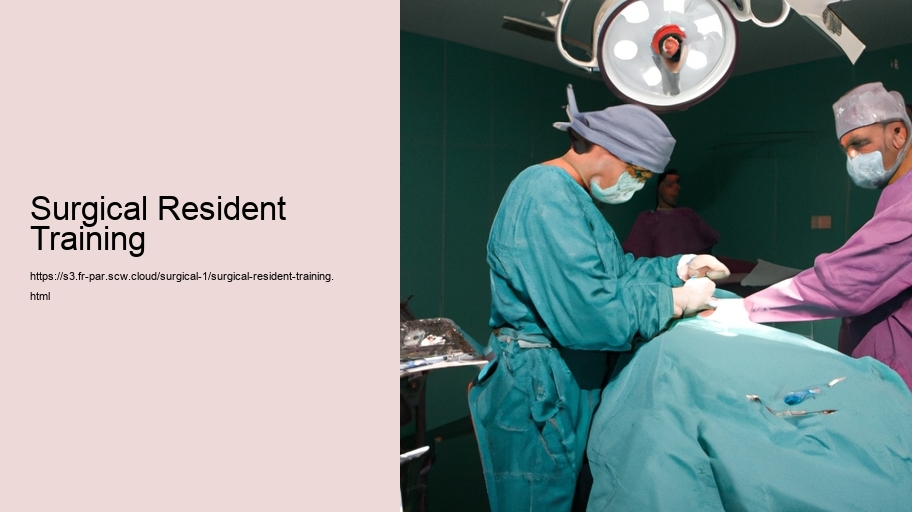Surgical Resident Training: The Journey to Skilled Hands and Sharp Minds
The journey to becoming a surgeon is arduous and steeped in tradition, a rigorous process that shapes medical graduates into skilled and competent physicians capable of performing life-saving procedures with their hands and making critical decisions with their minds. Surgical resident training is a crucial phase in this journey, an immersive and comprehensive educational experience that transforms theoretical knowledge into practical expertise.
The process typically begins after a medical student graduates and obtains their medical degree. Aspiring surgeons enter a residency program, which is a period of intense training that usually spans five to seven years, depending on the surgical specialty they choose. This period is a blend of instruction, practice, and evaluation, featuring both didactic learning and hands-on experience.
During the early stages of their residency, surgical trainees are often referred to as interns or junior residents. This phase is characterized by a steep learning curve, where residents are expected to rapidly assimilate knowledge and develop skills. They are introduced to the basics of surgical care, including pre- and post-operative management of patients, wound care, and the principles of surgery. They participate in a wide range of surgeries, initially as observers and assistants, gradually taking on more responsibility as their skills and confidence grow.
As surgical residents progress, their responsibilities increase. They learn to perform surgeries under the watchful eyes of their mentors, known as attending surgeons. These mentors play a critical role in the resident's education, offering guidance, sharing their wisdom, and providing immediate feedback to help residents refine their techniques and clinical judgment.
The training is not only about technical proficiency; residents must also develop strong communication skills, as they interact with patients, families, nurses, and other healthcare professionals. They learn to lead, manage surgical teams, and make quick, yet well-informed decisions in high-pressure situations.
Midway through their training, residents often take on the role of senior residents. They are given more autonomy and may lead surgical teams themselves, though always under the supervision of attending surgeons. They are also involved in teaching junior residents and medical students, thus passing on their knowledge and contributing to the cycle of education.
Residents are exposed to a variety of surgical subspecialties, such as cardiothoracic, pediatric, vascular, or plastic surgery. This exposure helps them decide if they wish to pursue further training in a subspecialty through a fellowship program after completing their residency.
Throughout the training, residents must pass rigorous examinations and evaluations to move on to the next level. The final step in the certification process is the American Board of Surgery exam, which tests the knowledge and skills acquired during residency. Passing this exam is a significant milestone, marking the resident's transition from trainee to a board-certified surgeon.
But the learning does not stop there; surgery is a constantly evolving field, and maintaining competence requires a commitment to lifelong learning. Surgeons must stay abreast of the latest techniques, technologies, and research to provide the best care for their patients.
In summary, surgical resident training is a challenging but rewarding path that molds medical graduates into capable surgeons. It is an intricate blend of education and experience, demanding physical dexterity, mental agility, and emotional resilience. Those who complete the journey do so with a profound sense of accomplishment, ready to serve their patients with skill and compassion. As they hold the scalpel, they carry on a tradition of excellence that is central to the practice of medicine.
